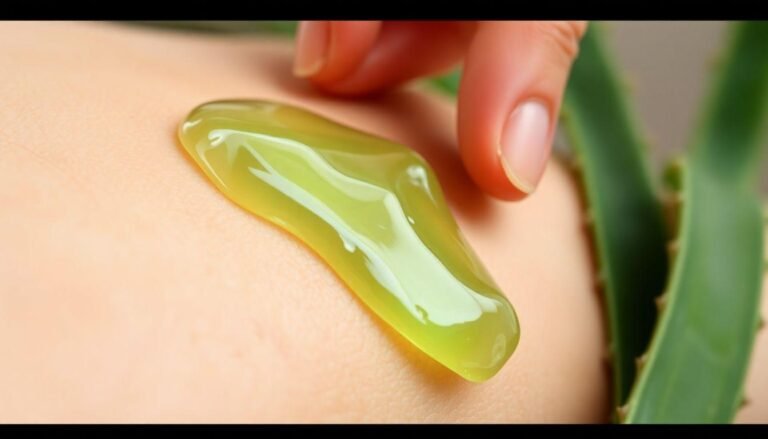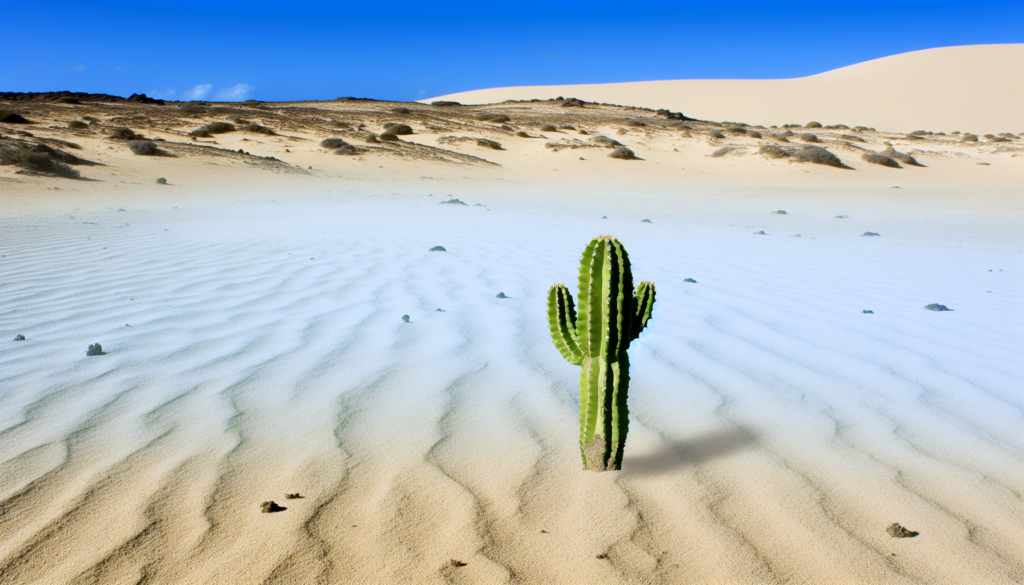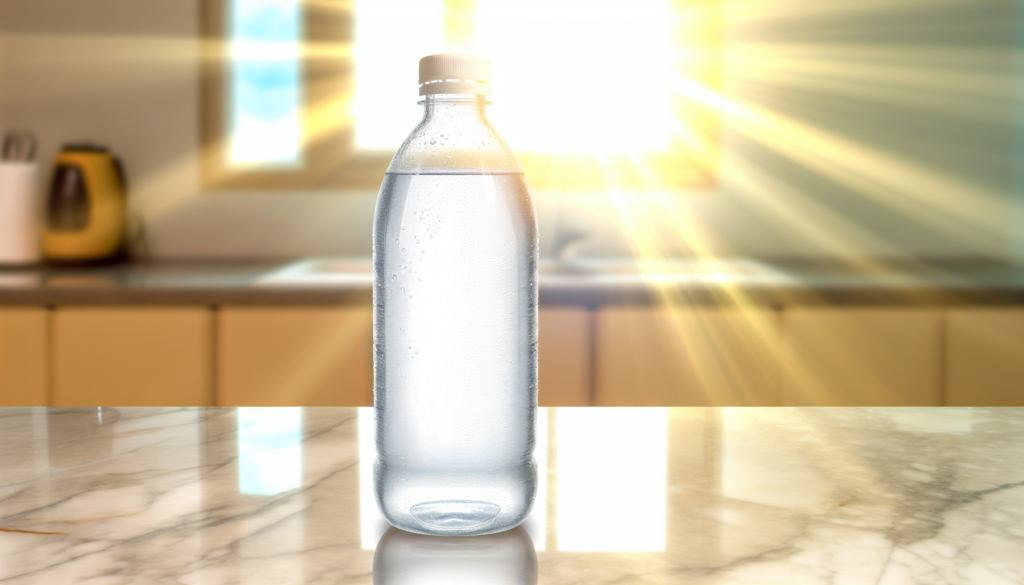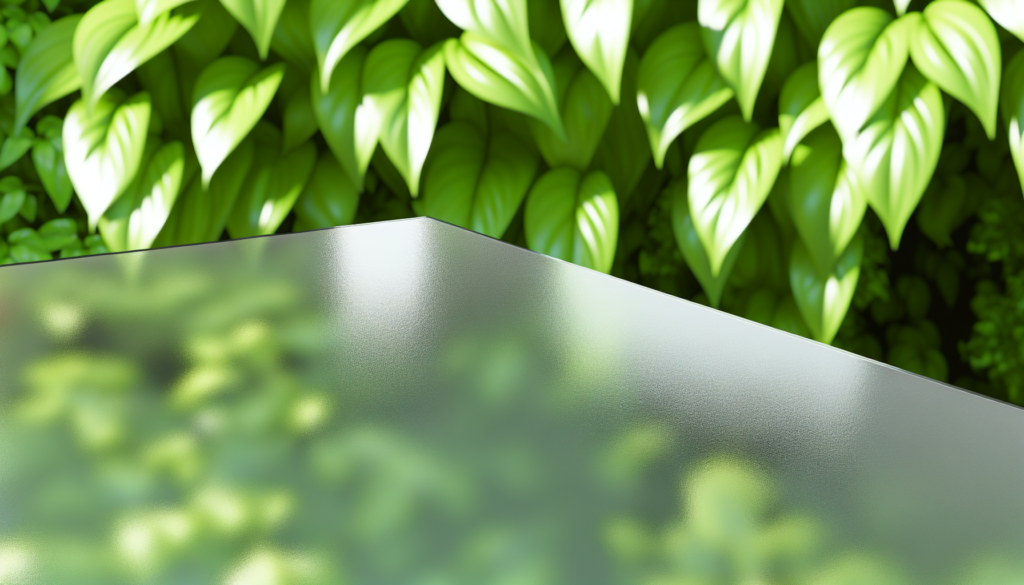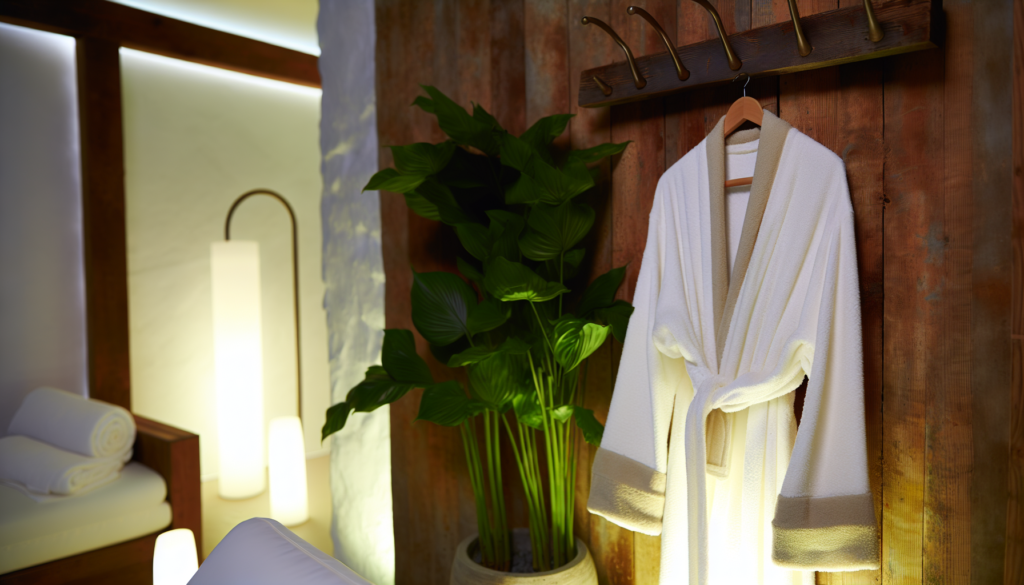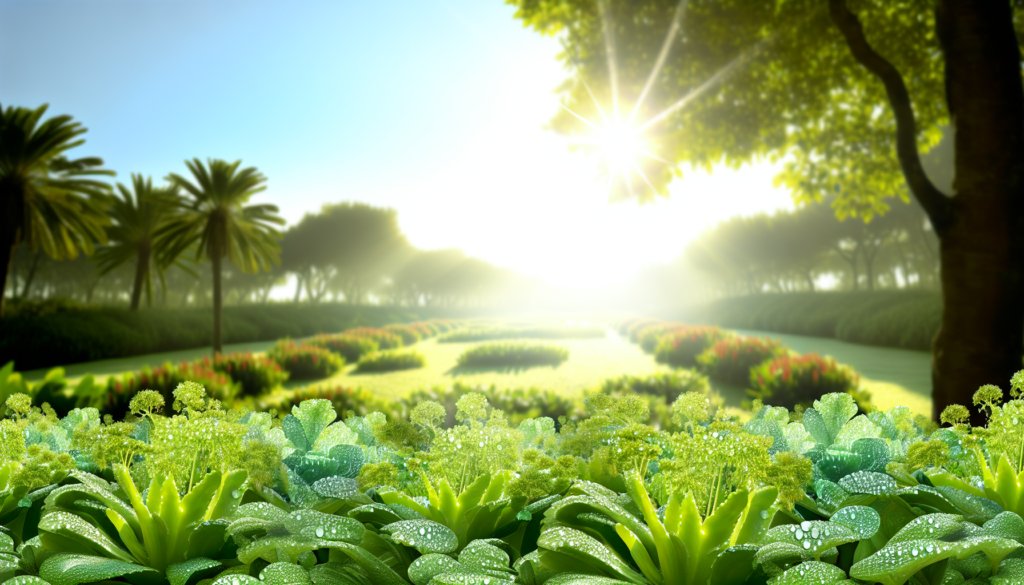That uncomfortable, persistent itch that makes you want to scratch your skin raw can be more than just a minor annoyance—it can disrupt your sleep, affect your mood, and even impact your quality of life. Whether it’s caused by dry skin, allergies, insect bites, or skin conditions like eczema, finding relief from itchy skin is often a top priority. The good news is that you don’t always need prescription medications or expensive creams to soothe your skin. Nature provides numerous remedies that can stop skin itching fast and effectively. Let’s explore some natural approaches that can help calm your irritated skin and restore comfort without harsh chemicals.
Understanding Why Your Skin Itches
Before diving into solutions, it helps to understand what causes that maddening itch in the first place. Itching, medically known as pruritus, can result from various factors including:
Knowing what’s causing your itch can help you choose the most effective remedy. But regardless of the source, these natural solutions can provide welcome relief.
1. Cool Compresses and Oatmeal Baths
There’s a reason our grandmothers recommended oatmeal baths for chicken pox—they work wonders for itchy skin! Colloidal oatmeal (finely ground oats) contains compounds that calm inflammation and create a protective barrier on the skin.
How to Use Oatmeal for Itchy Skin:
Remember, hot water can actually trigger more itching, so always opt for cool or lukewarm temperatures when dealing with irritated skin.
2. Essential Oils and Natural Plant Extracts
Nature has provided us with powerful plant compounds that can significantly reduce itching sensations. These botanical remedies have been used for centuries across different cultures.
Most Effective Anti-Itch Plant Remedies:
When using these remedies, always do a patch test first to ensure you don’t have a sensitivity to the plant material. For essential oils, proper dilution is crucial—typically 3-5 drops per tablespoon of carrier oil like coconut or jojoba oil.
3. Kitchen Remedies That Actually Work
Sometimes, the most effective itch relief can be found right in your kitchen! These common household items have surprising anti-itch properties:
Pantry Items for Itch Relief:
These simple remedies work best for mild to moderate itching. For severe or persistent itching, you may need to combine approaches or consult a healthcare provider.
4. Dietary Changes to Reduce Skin Itching
What you eat can significantly impact your skin’s tendency to itch. Certain foods can trigger inflammation throughout the body, while others can help calm it.
Anti-Inflammatory Foods to Include:
Common Itch-Triggering Foods to Consider Limiting:
Keeping a food diary alongside notes about your skin’s condition can help you identify potential food triggers specific to your body.
5. Stress Reduction Techniques for Calming Itchy Skin
The mind-skin connection is powerful—stress can trigger or worsen itching through various pathways in your body. When you’re stressed, your body releases chemicals that can make your skin more sensitive and reactive.
Effective Stress-Reduction Approaches:
Even taking five minutes for deep breathing when you notice itching can help interrupt the itch-scratch cycle that often makes itching worse.
When to See a Doctor About Skin Itching
While many cases of itchy skin respond well to natural remedies, sometimes professional medical advice is necessary. Consider seeing a healthcare provider if:
A dermatologist can help identify underlying causes and recommend targeted treatments for persistent itching.
Finding relief from itchy skin doesn’t always require prescription medications or expensive treatments. These natural approaches can effectively stop skin itching fast while supporting your skin’s overall health. Remember that everyone’s skin is different, so you might need to try several methods before finding what works best for you. By combining these natural remedies with mindful lifestyle choices, you can help your skin feel comfortable again and break free from the frustrating itch-scratch cycle. Which of these natural remedies will you try first to soothe your irritated skin?

